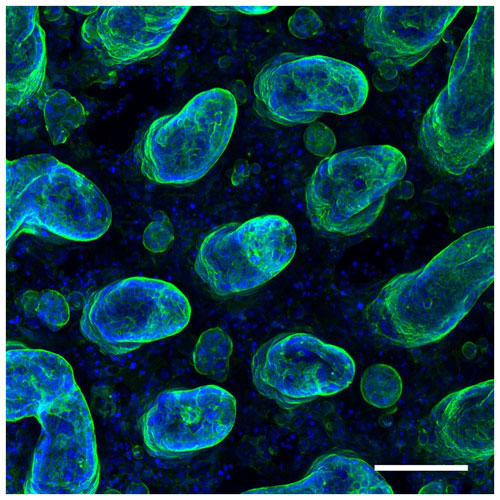Elena Martinez
Group leader
Does 3D bioprinting improve cancer survival?
Elena Martínez, group leader at IBEC and professor at the University of Barcelona (UB), is interviewed for the Big Vang section of La Vanguardia expaining her project to develop organs on a chip to improve the survival of patients with colorectal tumor metastases.
Bioengineering against cancer: IBEC researchers receive funding from La Caixa
IBEC researchers Elena Martínez, Xavier Trepat and Pere Roca-Cusachs aim to understand the processes that promote metastasis in colorectal cancer using innovative bioengineering tools, such as bioprinting and microscopy capable of revealing forces at the cellular level.
The results will be translated into a device that will recreate the tumor environment from cancer cells derived from patients, as well as a new technology that will allow to visualize how physical forces affect the nuclei of metastatic cells.
IBEC leads three new European projects
 Bioengineering is a core discipline for the medicine of the future, and Europe knows that. Proof of this is that the European Union (EU) has granted during the last months the coordination of three European projects to the Institute for Bioengineering of Catalonia (IBEC) to continue combining medicine, science and technology with the aim of improving people’s health.
Bioengineering is a core discipline for the medicine of the future, and Europe knows that. Proof of this is that the European Union (EU) has granted during the last months the coordination of three European projects to the Institute for Bioengineering of Catalonia (IBEC) to continue combining medicine, science and technology with the aim of improving people’s health.
The first one is the BRIGHTER project that is led by Professor Elena Martínez, the head of the ‘Biomimetic Systems for Cell Engineering’ group. The EU has contributed to this initiative that will be used by the consortium partners to develop an innovative high resolution 3D bioprinting technology able to fabricate 3D cell culture substrates which could be useful to produce artificial organs in the future.
Elena Martínez from IBEC granted by the European Commission to bring research to the market
Elena Martínez, Group Leader at IBEC and UB Professor, has been awarded the prestigious “Proof of Concept” grant of the European Research Council (ERC). With her “GUT3D-PLATE” project, Martínez and her team at the “Biomimetic systems for cell engineering” group will further develop technology to fabricate ready-to-commercialize 3D cell culture substrates mimicking the intestinal physiology.
A research team develops a Mini-Factory of Human Cardiac Tissue
A system developed by researchers from the Institute for Bioengineering of Catalonia (IBEC) and the Centre of Regenerative Medicine in Barcelona (CMR[B]) is capable of producing tissues in a laboratory that simulate the behaviour of the human heart. The tissues produced by this bioengineering system could be used to pre-evaluate the toxicity of drugs in the heart without using animal models.
Cardiovascular diseases are currently one of the leading causes of death worldwide. However, the factors that motivate or accentuate such heart diseases sometimes hide behind relatively unknown elements. Among other causes, drugs that are useful for curing or alleviating certain diseases can, at the same time, have side effects on other organs such as the heart, which experts refer to as cardiotoxicity.
New Culture Technology for Functional Intestinal Assays
 During the last decade, intestinal organoids have emerged as a crucial tool to study intestinal biology in vitro. However, their sphere-like geometry limits the access to the organoid’s lumen hampering their use in many functional experiments where independent access to the different sides of the epithelium is required.
During the last decade, intestinal organoids have emerged as a crucial tool to study intestinal biology in vitro. However, their sphere-like geometry limits the access to the organoid’s lumen hampering their use in many functional experiments where independent access to the different sides of the epithelium is required.
IBEC researchers lead a European project to develop a high resolution 3D bioprinting technology
 A group of experts at Institute for Bioengineering of Catalonia (IBEC) lead the European project BRIGHTER (Bioprinting by light-sheet lithography: engineering complex tissues with high resolution at high speed), an initiative to develop an innovative and high resolution 3D bioprinting technology able to produce functional tissues.
A group of experts at Institute for Bioengineering of Catalonia (IBEC) lead the European project BRIGHTER (Bioprinting by light-sheet lithography: engineering complex tissues with high resolution at high speed), an initiative to develop an innovative and high resolution 3D bioprinting technology able to produce functional tissues.
ERC President visits IBEC
The President of the European Research Council, Jean-Pierre Bourguignon, visited last May 15th the Institute for Bioengineering of Catalonia (IBEC).
The event was inaugurated by IBEC’s Director, Josep Samitier, who presented an overview on the cutting-edge research carried out at the institute in the fields of bioengineering and nanomedicine.
Afterwards, ERC Grantees working at IBEC had the opportunity to explain the impact of ERC grants on their professional careers and established a dialogue with ERC President on the past, present and future of the European Research Council.
Moldless approach to generate 3D intestinal tissue model using hydrogels
The Biomimetic systems for cell engineering group has developed a new method to generate 3D intestinal tissue using hydrogels. This new in vitro model has been improved by providing cells with a more physiologically realistic environment, including tissue architecture, cell-matrix interactions and chemical signalling while remaining compatible with standard cell characterization techniques.
Epithelial tissues contain complex three-dimensional microtopographies that are essential for their proper performance. These 3D microstructures provide cells with the physicochemical and mechanical signals needed to guide their self-organization into functional tissue structures and are key to their proper functioning.


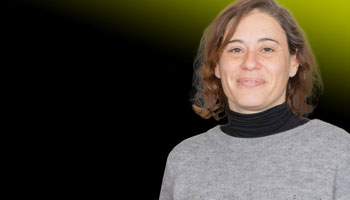
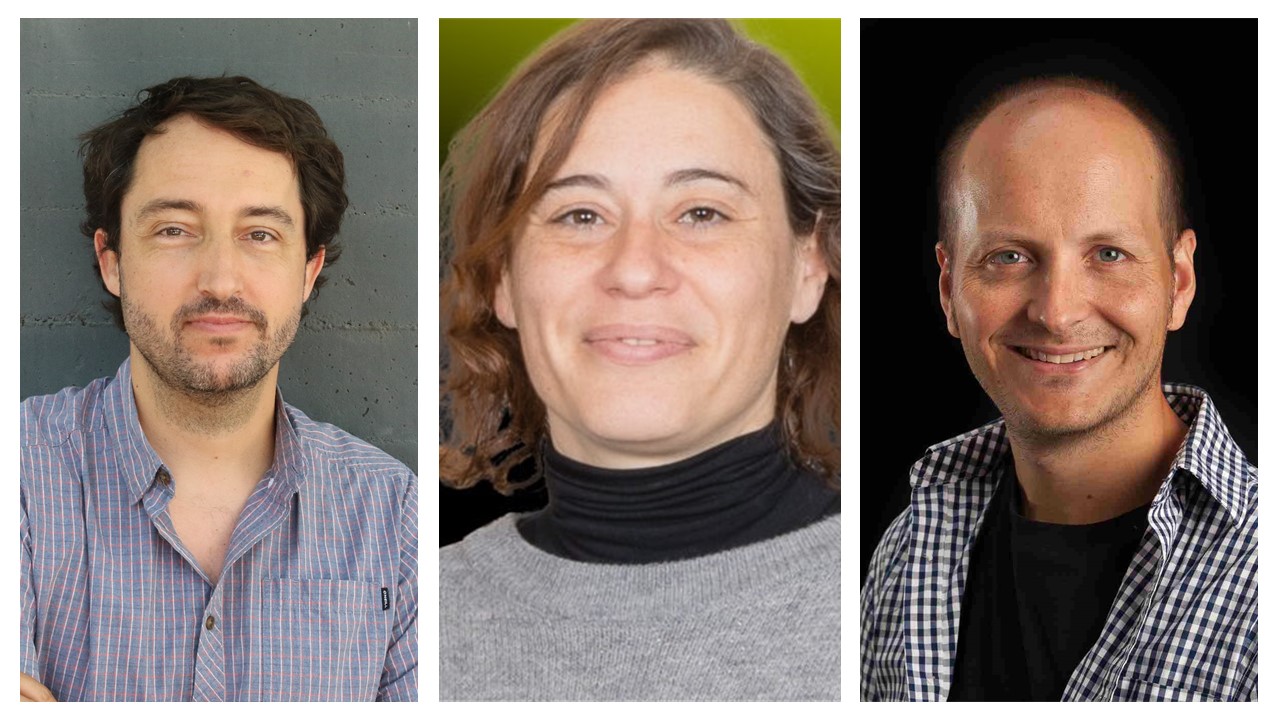
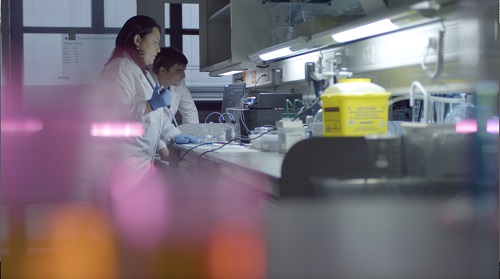
 Bioengineering is a core discipline for the medicine of the future, and Europe knows that. Proof of this is that the European Union (EU) has granted during the last months the coordination of three European projects to the Institute for Bioengineering of Catalonia (IBEC) to continue combining medicine, science and technology with the aim of improving people’s health.
Bioengineering is a core discipline for the medicine of the future, and Europe knows that. Proof of this is that the European Union (EU) has granted during the last months the coordination of three European projects to the Institute for Bioengineering of Catalonia (IBEC) to continue combining medicine, science and technology with the aim of improving people’s health. 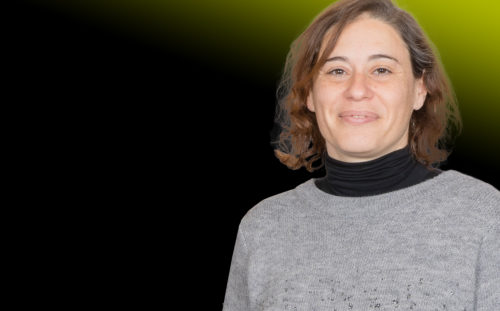
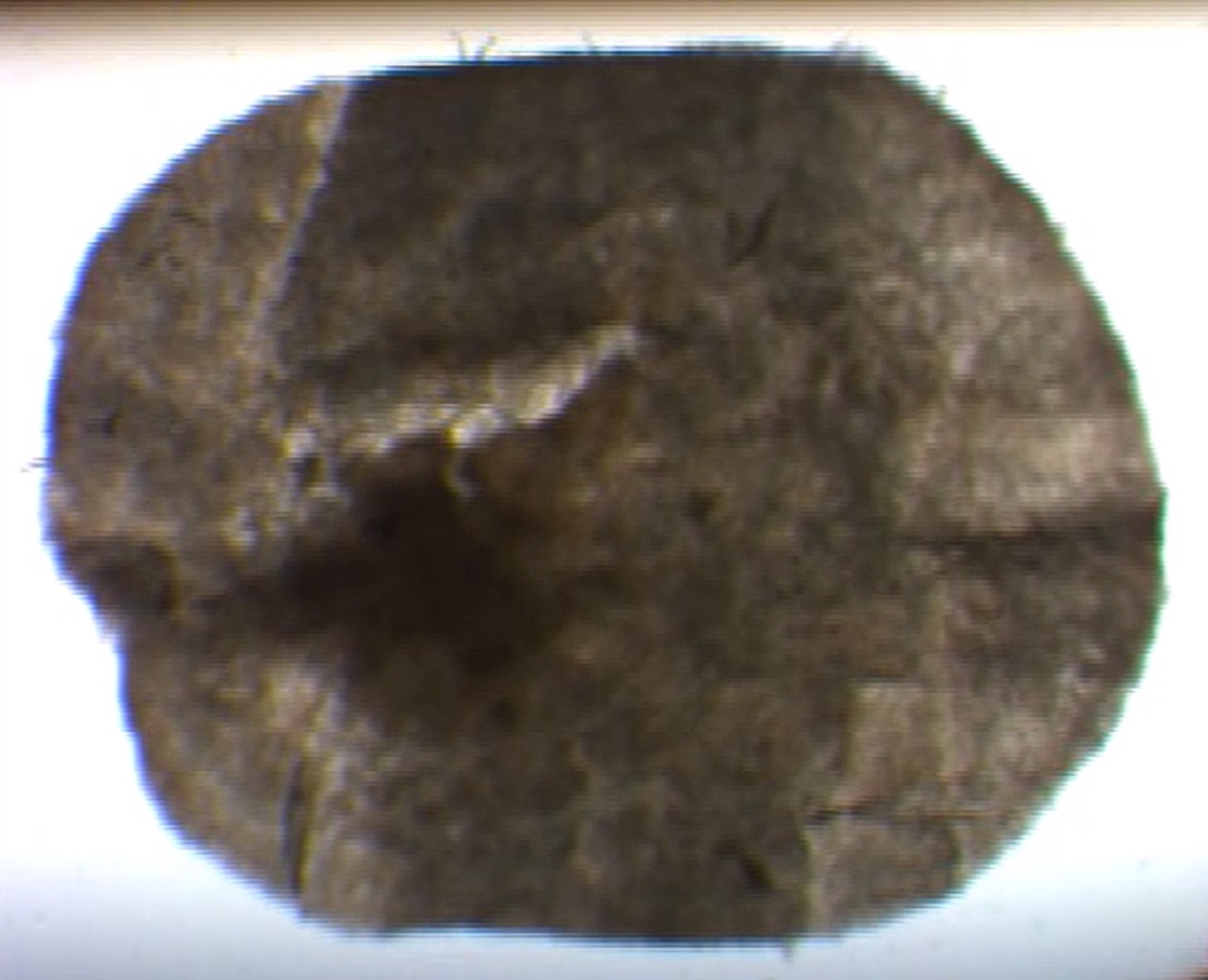
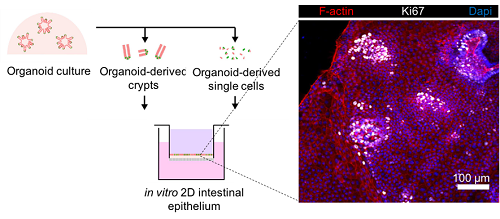
 During the last decade, intestinal organoids have emerged as a crucial tool to study intestinal biology in vitro. However, their sphere-like geometry limits the access to the organoid’s lumen hampering their use in many functional experiments where independent access to the different sides of the epithelium is required.
During the last decade, intestinal organoids have emerged as a crucial tool to study intestinal biology in vitro. However, their sphere-like geometry limits the access to the organoid’s lumen hampering their use in many functional experiments where independent access to the different sides of the epithelium is required. 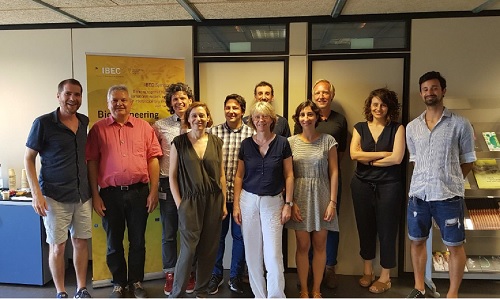
 A group of experts at Institute for Bioengineering of Catalonia (IBEC) lead the European project BRIGHTER (Bioprinting by light-sheet lithography: engineering complex tissues with high resolution at high speed), an initiative to develop an innovative and high resolution 3D bioprinting technology able to produce functional tissues.
A group of experts at Institute for Bioengineering of Catalonia (IBEC) lead the European project BRIGHTER (Bioprinting by light-sheet lithography: engineering complex tissues with high resolution at high speed), an initiative to develop an innovative and high resolution 3D bioprinting technology able to produce functional tissues.
